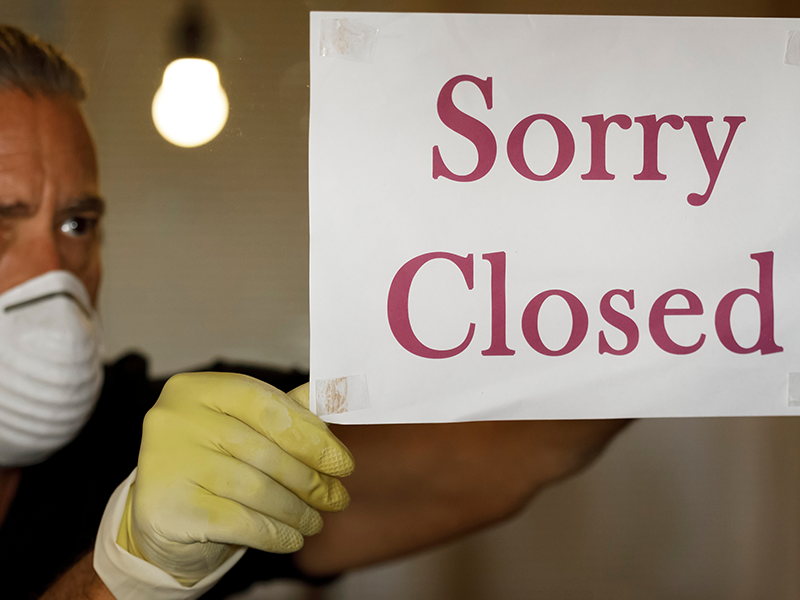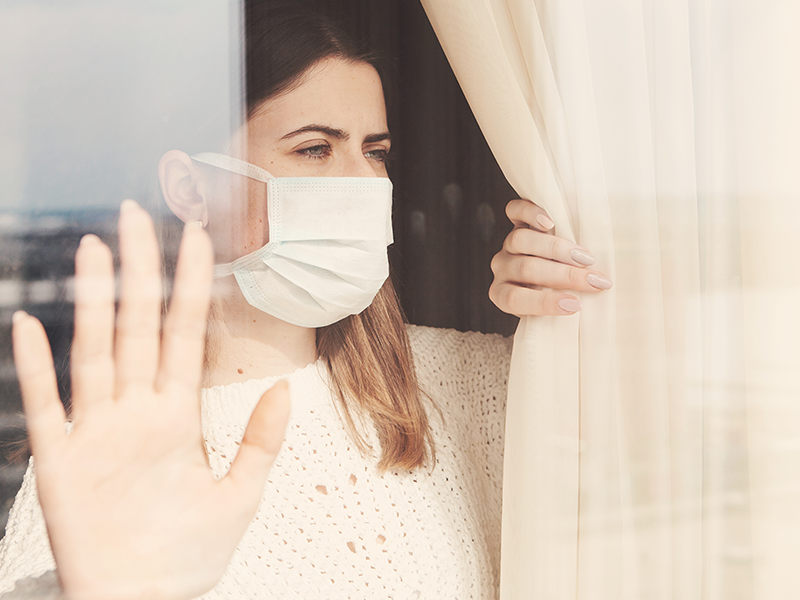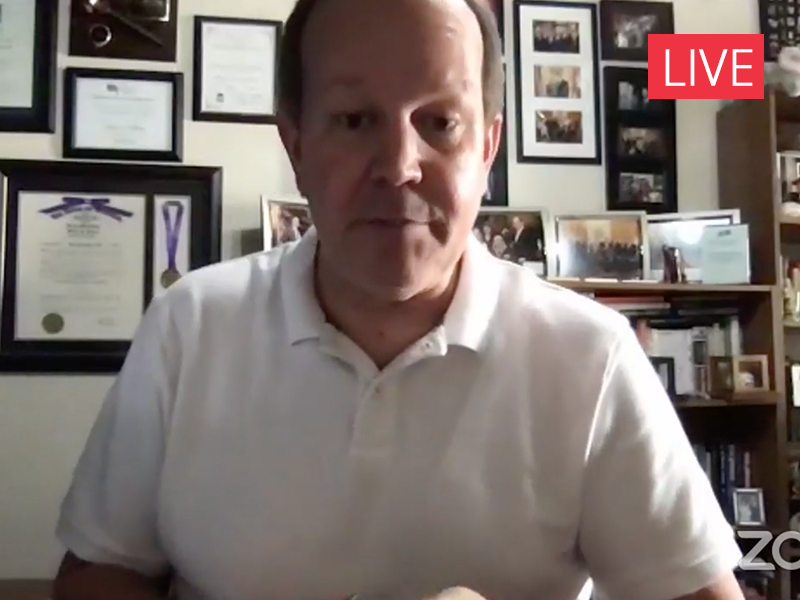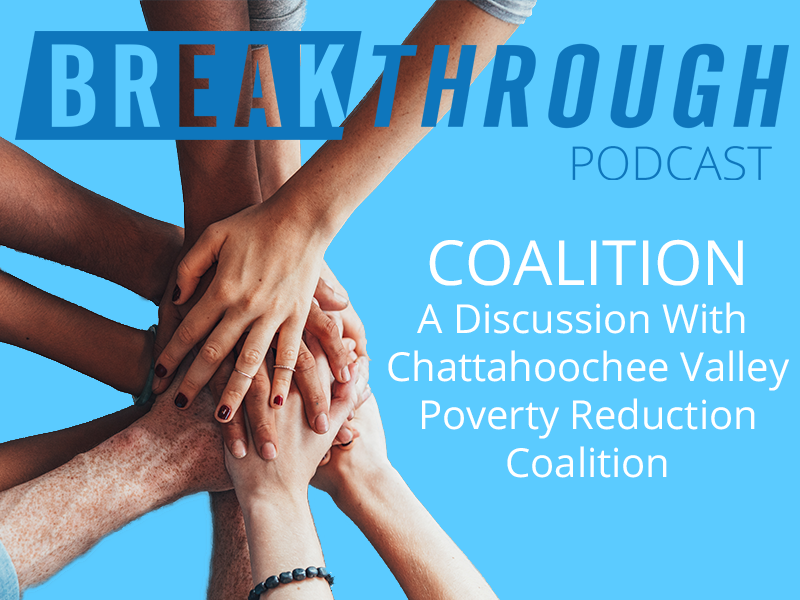
Reopening Isn’t About Haircuts, It’s About Relieving Human Suffering
Reopening Isn’t About Haircuts, It’s About Relieving Human Suffering
Georgia recently began the long process of reopening its economy in the wake of what it is hoped will be the worst of the COVID-19 pandemic.
Beginning in late April, certain categories of businesses were allowed to open in Georgia, including restaurants and barber shops. The encouraging news is that infection rates have not spiked and, instead, are flattening and even declining.
Many are concerned that we’re moving too early, too fast — and that safety will take a back seat. That worry is understandable. The toll of the virus in suffering and loss of life is indescribable, as thousands of families are affected in ways they will never forget.
On the other side, many are clamoring for even quicker action to get people back to work.
In truth, both sides have it right. Our first priority should be health. Clearly, that trumps all. But a key aspect of health is not just avoiding a virus, but the full spectrum of human well-being and flourishing. And to achieve that, we can’t afford to remain on lockdown much longer.
We clearly know the economic devastation wrought by the virus: About half of low-income households have reported job or wage loss due to the coronavirus. These job losses could be felt for years as families struggle to get back on their feet — or are never able to at all, plunging them into poverty.
The toll is real. I’m thinking of young moms like Jessica (not her real name to protect her identity), who had been living in her car with her small child as a result of work cutbacks and being evicted. Stories like this one are countless.
But what about the toll on mental health and general well-being? The picture is beginning to emerge, and it’s not pretty. In fact, we are facing a public mental health crisis.
A recent Kaiser Family Foundation survey found that more than half of U.S. adults (56 percent) report that worry related to the coronavirus outbreak has caused them stress-induced symptoms like insomnia, poor appetite or overeating, or frequent headaches or stomach aches.
That’s only the beginning. We have also seen the effects of social isolation in a 1,000 percent increase in calls to distress hotlines in April alone.
Rates of substance abuse and suicide will doubtless skyrocket. One analysis predicts that if the United States reaches Depression-era level unemployment rates, we could see 18,000 additional suicides and additional overdose deaths of 22,000.
The Well Being Trust recently released a report estimating the pandemic could lead to 75,000 additional “deaths of despair” from drug and alcohol abuse and suicide.
During this lockdown, people are missing the ingredients that make for a flourishing life: community, relationships, purpose and belonging. And the truth is that, for many Americans, a major way they experience these benefits is through a job. It’s where we find community, socialize and discover a sense of meaning.
A job is about so much more than just a paycheck.
We know that human beings function best when they are involved with meaningful work. Until this point, the dialogue on reopening has largely focused on “essential” vs. “non-essential” jobs.
But every job is essential for the person who holds it. And not just from a financial standpoint: It’s one key gateway to what makes life meaningful for many of us.
Protecting public health and getting people back into their jobs and communities are not mutually exclusive priorities. We can, and must, do both. We can be sensitive to loss of life and human suffering during this pandemic.
But we also must acknowledge the pain of those whose means of surviving economically has been shattered.



